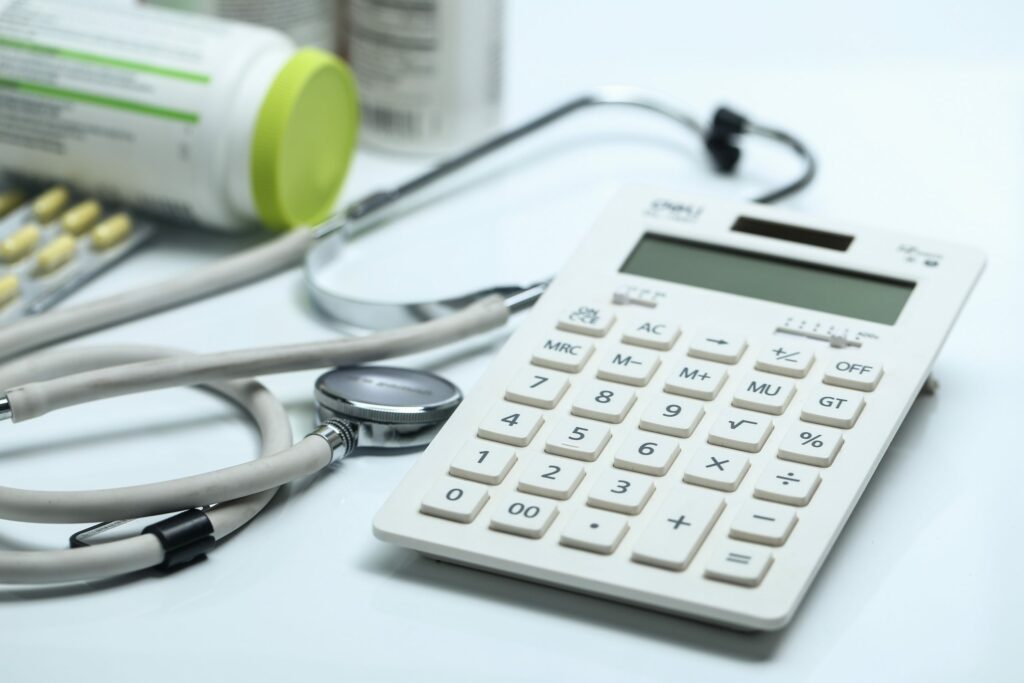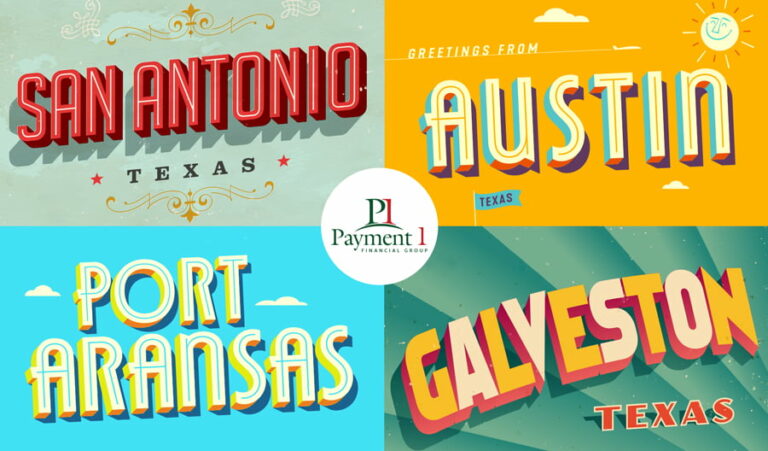Medical Bills Loan: Is It a Good Option for Paying off Medical Bills?

Health care in the United States is costly, leaving a lot of Americans in deep medical debt. Getting sick can get you bankrupt, and ironically, health insurance doesn’t always get you the assurance of worry-free treatment.
A survey found that one in five insured working-age Americans has difficulty paying medical bills and serious financial challenges. Medical debts even lead to significant changes in employment and lifestyle.
When you find yourself unable to pay off your medical bills and end up incurring debt because of your medical bills, is taking out a medical bills loan an excellent way to go?
In this article, we will discuss what medical bills loans are, how they work, the pros and cons, as well as the alternatives to taking out a personal loan to pay for medical bills.
What is a medical bills loan?
Essentially, a medical bills loan is a personal loan taken out for the particular purpose of financing medical costs, such as elective surgeries, LASIK procedures, IVF treatments, and emergency procedures. Medical bills loans are typically offered by traditional banks and online lenders. They are usually unsecured — meaning there is no need to put up anything as collateral. However, suppose your credit score is not stellar. In that case, you might have to take a secured medical loan instead — you’ll need to put up collateral, but you will likely pay less interest.
How do medical bills loan work?
You can apply for a medical bills loan at most places where you can get a personal loan. In some cases, you can get pre-qualified for it, which means you can know your available rates and terms based on your financial situation. When you officially apply, they will conduct a credit check and ask for your salary and other financial information. The turnaround time varies depending on the lender, but it can take a week before receiving the funds. Then, you will pay fixed monthly payments until the loan is paid off.
Pros and Cons of Medical Bills Loan
Pros
Here are some of the advantages of a medical bills loan:
- – Flexibility. The proceeds of medical bill loans can be used for any medical-related expenses, including those not covered by insurance or costs incurred during recovery.
- -Cheaper than credit cards. The average interest rate on credit cards is 16%. With good credit, you can get a rate on a medical bills loan of as low as 6%.
- – Fast funding. Some patients are denied procedures until they come up with payment. Medical bills loans can typically be disbursed in a matter of days.
- – Flexible loan terms. You can have a repayment term of as long as 60 months. This allows you to choose a repayment plan that best suits your situation.
Cons
On the other hand, here are some of the disadvantages.
- – High-interest rates if you have bad credit. A low credit score can definitely make your medical bills loan more expensive. You can see interest rates as high as 36%.
- – Limited funding. Most lenders have caps for the amount you can borrow, usually at $40,000. Medical procedures and treatments can be extremely costly, so your loan proceeds may not be sufficient.
Alternatives to Medical Bills Loan
Before you rush to the nearest bank to take out a personal loan for medical expenses, you have to consider this: When it comes to medical bills, you can try other avenues before deciding to take out a personal loan. Here are some of them:
Check if you were correctly billed
Before stressing out about the amount of your medical expenses, check, double-check, and triple-check if your bill is accurate. There are instances when there are duplicate charges or patients are charged with procedures that were not performed.
Negotiate with your medical provider
Talk to someone in the billing department regarding your wish to negotiate your bill. It may not always work, but when it does, it can spell a massive cut to the amount due. Make sure you come in ready with your game plan for negotiating. Know how much you can pay, whether upfront or in installments.
Look into payment plans or financial assistance
Some medical providers offer installment plans to patients. Review the terms carefully. Some hospitals, especially nonprofit facilities, have charity programs that aid patients in covering or reducing medical bills. They look at income and savings when evaluating eligibility. You must apply directly with the provider or organization to receive financial assistance.
Seek the help of a medical billing advocate
Medical billing advocates are experts in reading health care bills and understanding procedures’ costs. They can also easily spot errors and overcharges in your medical bills. In addition, you can hire them to negotiate your medical bills on your behalf. A word of warning, though: be careful as some pose as billing advocates but are actually out to steal personal information from you. And, also make sure that the costs of getting a medical billing advocate will be outweighed by the savings in the end.
Crowdfunding
You can also consider putting up a crowdfunding campaign to solicit donations from
people to pay for your medical bills. Platforms like GoFundMe have minimal processing fees, and you can stop accepting contributions anytime.
Conclusion
Paying for healthcare in the US can be one of the hardest things Americans have to do, especially those without health insurance. A personal loan for medical expenses is an excellent way to augment your funds. However, if a medical bills loan is not the right choice for you, there are alternatives that you can consider, as well.
What you should not do is leave your medical bills unpaid. When a medical bill is unpaid, your healthcare provider can assign your debt to a collection agency. This will tarnish your credit score; worse, you can be sued for outstanding medical debt.
Contact us today to learn more about personal loans and your other options. Our friendly staff and our expert lending team would happily assist you and answer your questions.
Image by ijeab on Freepik


